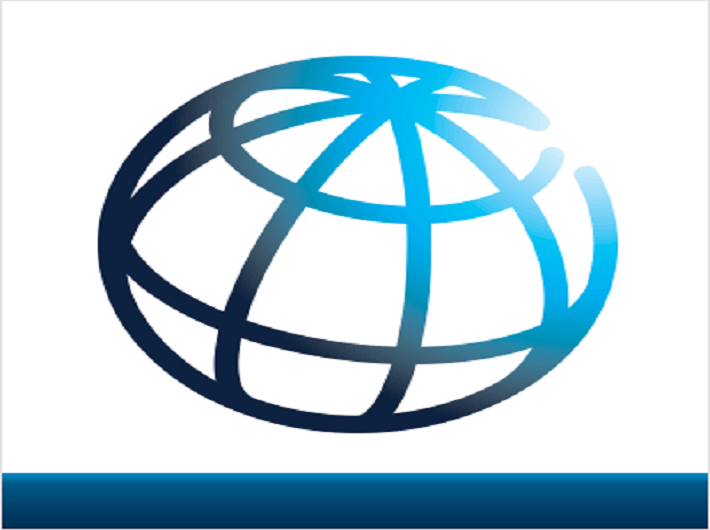Attracted by the promise of new technology, countries (over 150 of whom maintain civil registration systems) and development partners alike have invested heavily in identification systems, in terms of both development dollars and strategy, reveals a report by the World Bank. Much of the current discourse on identification- and registry- related issues is framed from a state-centered perspective; that is, improving the functioning of government agencies and enhancing the collection of data for planning and policy. The report suggests that this should be complemented with a stronger focus on the impacts of identification systems on the poorest and most marginalised. In many circumstances, identification systems may not serve the development needs of this constituency; worse yet, in others, they may give effect to patterns of exclusion and discrimination. In light of these considerations, there is a need in developing global and country-specific identification strategies to more clearly and critically articulate the implied benefits, costs and risks of alternative approaches. The report can be seen as a warning of sorts to the Aadhaar scheme of India.
Key points:
- Identification systems can increase exclusion and discrimination.
- We need to disentangle the terms ‘identity’, ‘registration’ and ‘documentation’ to properly understand the development problems we are seeking to address – and the pathways to achieve them.
- Making basic services (e.g. health and education) conditional on registration and/ or documentation may increase exclusion.
- Identification systems don’t always serve the bottom 40%.
- The push for enhanced identification systems is often accompanied by new rules mandating registration to access basic entitlements (including health and education). This risks excluding vulnerable populations from essential services.
- Currently, there are 750 million people under sixteen years of age without birth registration (Dunning, Gelb and Raghavan 2014). Under these conditions, a push for universal birth registration, when coupled with conditioning access to services on documentation, is likely to intensify exclusion from basic rights and essential services.
- Even once registered and in possession of documentation, individuals face the risk that information contained in documents (or underlying registries) may be used for discriminatory ends (WHO, 2014). It may expose individuals to discrimination – and worse.
- Governments, authorised third parties or unauthorised individuals may use registration systems for surveillance, private data harvesting or other functions (illicit and licit alike) violating individual rights.
Conclusion
Whilst identification systems can be an important contributor to development, they can also increase exclusion for certain populations, especially those already most vulnerable and marginalised.
To view full report click here
